I have a question – Tao Kai, Creative Director of Digital Tiger
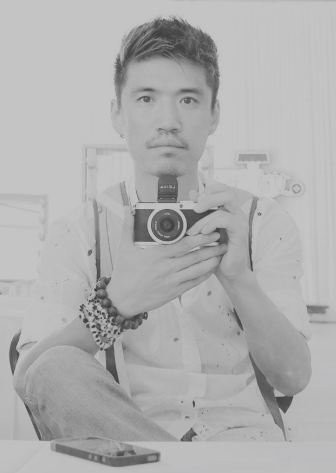
CGGE: Can you briefly introduce our personal experience to our readers?
Tao: I was originally engaged in film and television editing and post work. I participated in the production of the first full CG animated film in China at Shenzhen Global Digital, serving as a post-production film editing and lens management. When the production of “Magbis Ring” was completed and released, I experienced a long period of work stagnation, so I began to learn.
Once, the Shenzhen OCT Grand Theatre was doing a tourist show. The investment in the theater was not small, almost 300 million. Inside it was installed a stage LED screen of hundreds of square meters, which was considered the best in China in 2005. However, the high-definition video of the national TV station was in its infancy, and almost no one knew how to play a full HD picture on such a large LED screen. Fortunately, “Magbius Ring” uses the country’s first full HD production line, I have learned about high-definition imaging systems, so I will help them solve the problem. When I first entered the stage, I was shocked by the real stereo opto-electronic effect on the stage, so I expanded from solving technical problems to helping to make images. This experience directly changed my life path.
CGGE: Your previous experience involved TV, movies, and especially the production of the first CG film in China. Why did you choose to leave the filmmaking industry and turn to multimedia performing arts? What is the concept of multimedia performing arts?
Tao: Abandoning TV movies completely may be related to my personality. I like to touch all kinds of fun things, such as fun technology, software or hardware.
From a simple photo to a big screen in the theater, a TV in the house, and even all the imaging equipment, they are all moving toward a key technology, that is, “3D stereo.” People’s pursuit of this kind of three-dimensional is nothing more than trying to get a better feeling of presence and the pursuit of immersive feeling. After working in the TV and movie industry for many years, I set foot on the stage for the first time. I saw another future, that is, the stage that was forgotten by the Chinese audience and technology for a long time. Stage multimedia performances can use any technology, such as live lighting or large stage machinery. The puppets that have been forgotten have also developed into the anime characters and animal characters of the stage together with the stage. The stage allows you to touch more and finally let the audience experience the fantasy world in a black box.
My feeling is, isn’t this just immersive? Everything happens before your eyes. It can be very far away from you or close to you. The character is talking before your eyes. If technology is gradually developed to allow fireworks and explosions to happen in front of your eyes, then the shocking effect of the stage will far exceed the film. Because the stage is closest to you, every move of the actor and even every breath can be passed to your heart. It only needs to develop and needs scientific and technical support. And multimedia can make up for the lack of performance on the stage. It makes virtual images no longer confined to a single small screen, but can use any medium, such as air, walls and various props, to interweave real and virtual. Let you get more different experiences in the virtual reality.
Although the film still dominates the mainstream market, one day the viewer will get bored with the effects on the 2D screen. Today, people will not simply pay for Hollywood special effects, but pay more attention to the performance of the plot. The plot is not the strength of the film, and the TV series can perform better, such as “The Song of Ice and Fire.” The stage is still in its infancy today, and people are not aware of its future potential. When the robot technology develops to a certain extent, “Optimus Prime” can play a stage play in front of you, I think it must be more enjoyable than simply watching images. My dream is to move the film to the stage.
CGGE: Multimedia performance involves multi-party cooperation, and to achieve the combination of art and business, what interesting cases can you share with you in your career for reference?
Tao: We have just finished the magical drama “Feng Shen Yan Yi·Hyun Zhan” which combines an outdoor mountain projection with the special effects of the stage. This is a tourism performance invited by Shanxi Tourism Group to us. The total investment is about 70 million, which is located in the Lushan Zhou Culture Park. We started designing the theater from an open space, with a 25-meter-high surrounding rockery as the stage background. The interior of the mountain is used as a multimedia projection carrier, and a gossip stage is placed in the center, and is filled with various fireworks effects and fountain systems. There is a large backstage space under the stage, and the propaganda system can be used to transport props and actors from the underground to the stage.
In addition to the real actors on the stage, there are many actors and actresses. Due to the fantasy color of the theme of the gods, the monsters can be realized by using multimedia and cue props. We have a multimedia projection on the ground in the mountains, which makes the actor and the multimedia fox change. This is a stage play that is in line with the film. This art form has room for development in the future. The project was completed in September last year and has received more than 100,000 spectators by the end of October. Due to seasonal restrictions on outdoor performances, it had to stop in the winter and wait for the next spring to perform again.
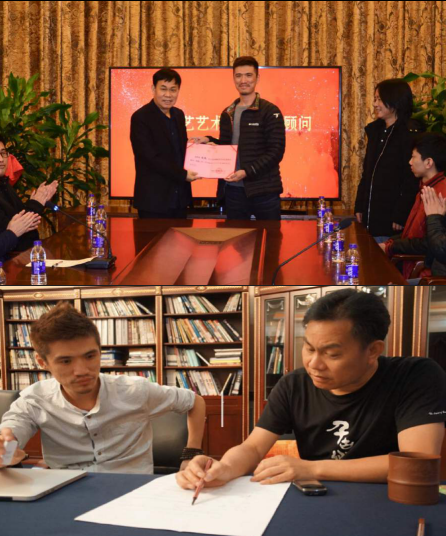
CGGE: If you apply this combination of art and business to the film today, do you think you can successfully make an animation\special effect movie? What is the biggest difference between acting and filmmaking?
Tao: Today’s film technology has become more and more indispensable. From content to derivatives to related shows in the theme park, Disney is a pioneer. China still lacks such a team.
Chinese animation and film should also learn from Disney and develop into the entire industry chain. However, China currently lacks such talents. There is no exchange of experience between offline production staff and TV film producers, or there is no sense of group formation. Chinese animation and film need to use the big IP to expand the business model of the whole industry chain. Film and television are the forerunners of IP, and paradise or light digital paradise is an industrial expansion of IP. We can use the stage park technology to launch the characters in the movie and let them walk around people and become part of their lives.
At present, China’s current situation is somewhat difficult, mainly because there are too few good IPs, or people with IP feel that their IP is very powerful, so the asking price is very high, which makes many teams who want to use IP to develop new projects to be discouraged. This is also a problem of the lack of business acumen in the Chinese cultural industry. Many people don’t know that the higher the appearance rate of IP, the more valuable it is. Now all practitioners need to learn the whole industry chain process. Disney relies on itself to form the entire industry chain, while Universal Studios has been working with IP from other companies. Movie and TV is a one-way output and passive viewing process, which means that it has a distance from the audience; live performances can be zero distance from the audience, and the characters can interact and communicate with the audience, so that they are closer to people’s lives. This is especially effective for children. Adults will subconsciously see the actors behind the characters, and the children only care about the characters in front of them. He would think Superman talked to him, and Snow White gave him a kiss, which created a good memory for his childhood, so he would love these characters for life.
CGGE: At present, the country strongly advocates the cultural industry. What is the prospect of multimedia performance as a new type of cultural industry?
Tao: I am very optimistic about the prospects of the performing arts. Developing offline cultural performances is not just China’s national will, but also a global trend, and the world is now developing it. People pursue a variety of cultural performing arts forms. When we made a children’s play ourselves, I always asked my friends to take the children to see them, and they were very willing. The current child is a generation that grew up with the screen, not staring at the Ipad or the TV or the computer. How to get them away from the screen and pull back to the real world through a richer offline culture is a problem for all of us. I remember that Pixar’s movie “Robot Warrior” has a bridge section. All the people who fled to outer space lived on the battery car. The eyes never left the screen. Everyone was a big fat man. That life is terrible. Therefore, shaping a new culture is our common responsibility.
CGGE: What kind of professionalism do you need for today’s multimedia performing arts practitioners? For some of the younger generations who want to enter the multimedia performing arts industry, what advice do you have for them?
Tao: Interdisciplinaryization is becoming more and more remarkable in today’s era. Multimedia performing arts practitioners need to learn more and cultivate a wide range of hobbies. Just as biology and engineering combine to produce “bioengineering,” the new media incorporates many disciplines such as art, mechanics, and programming. If today’s programmers don’t understand art, the results are not beautiful; if you don’t know how to understand art, you can’t realize your own ideas. Even if two people are sitting together, it is very difficult to cooperate with each other. Therefore, the current and future multimedia performing arts industry is in great need of interdisciplinary talent. European universities have already set up various basic disciplines to train such talents, and China has just started in this regard. Therefore, the younger generation who want to enter this industry still needs to learn more comprehensive content.
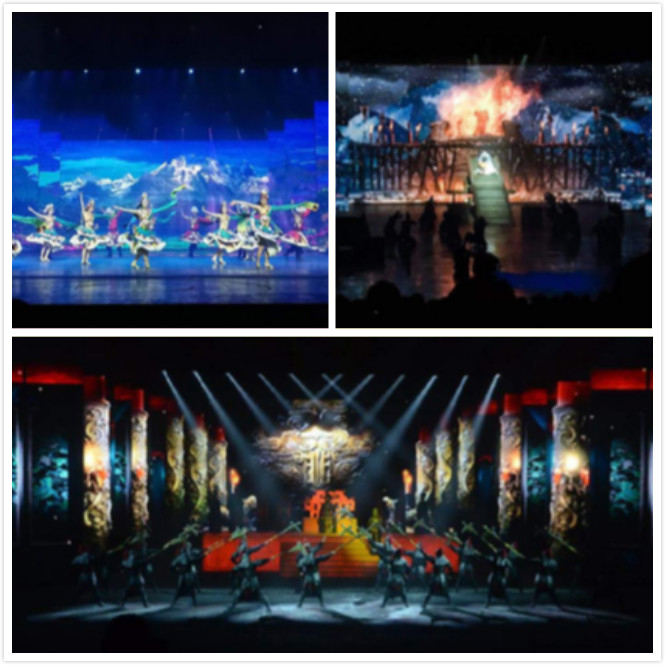
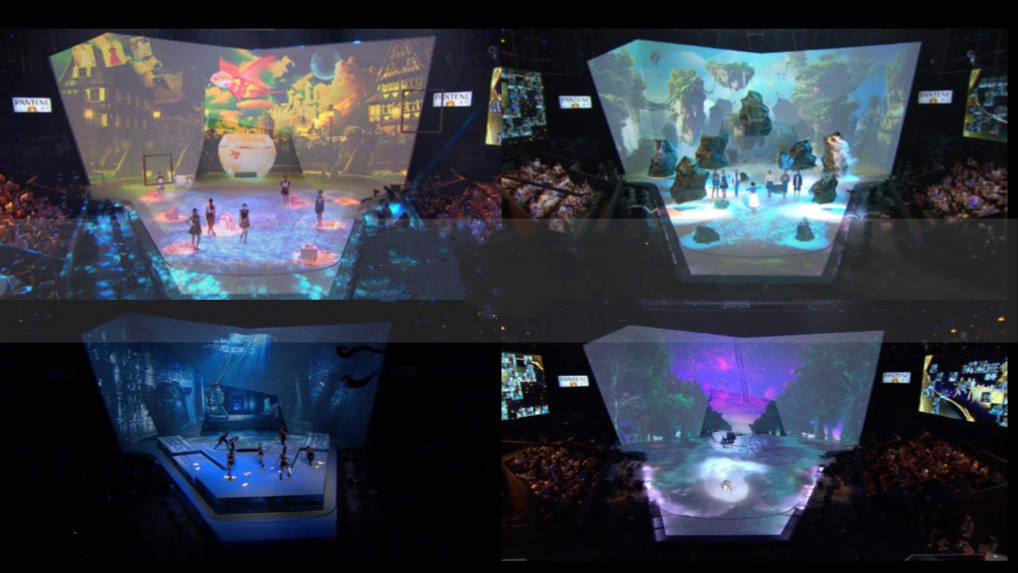
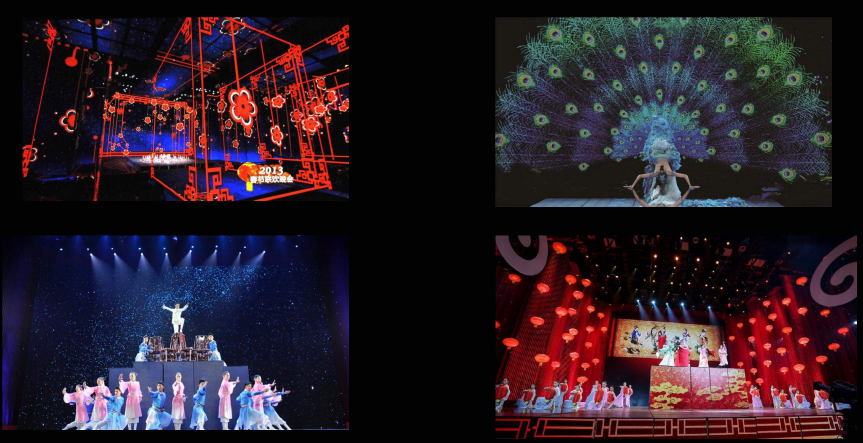
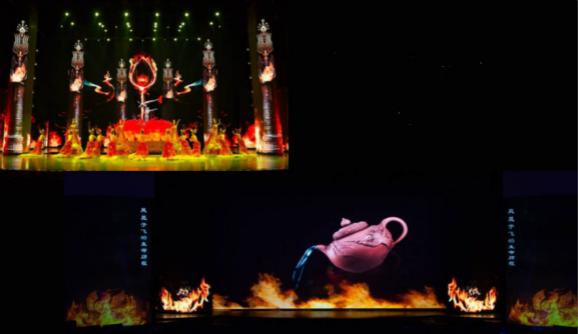
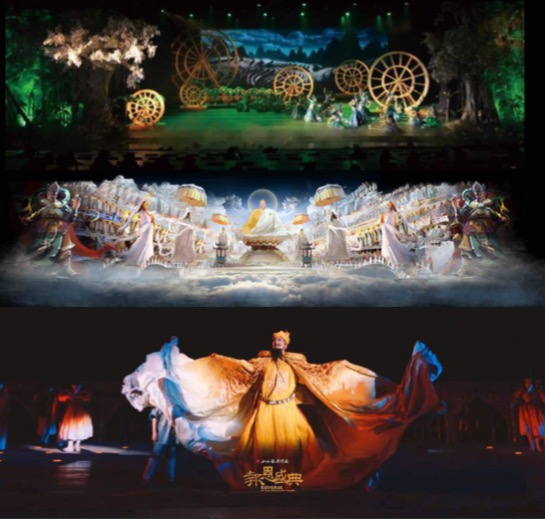


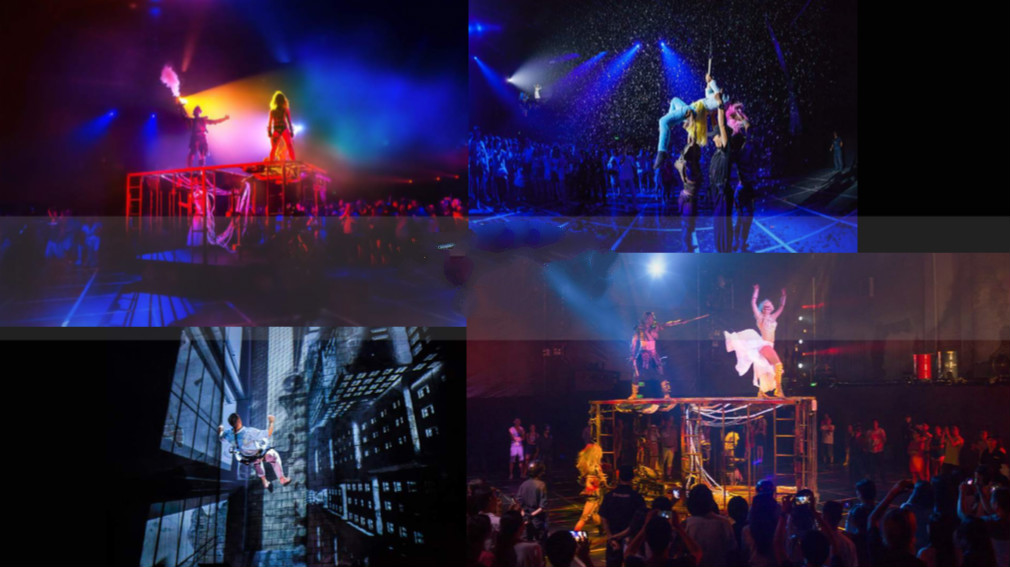
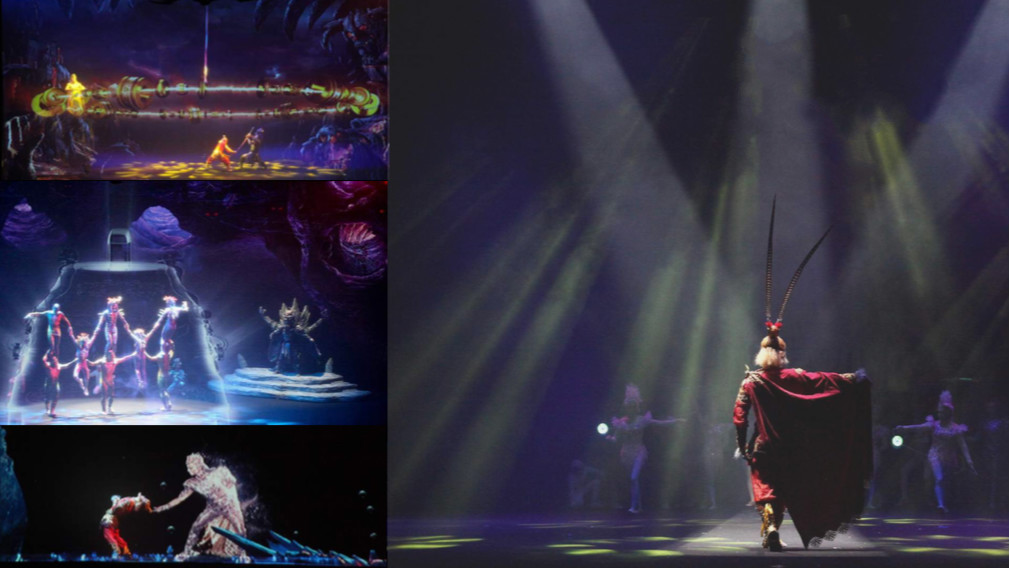
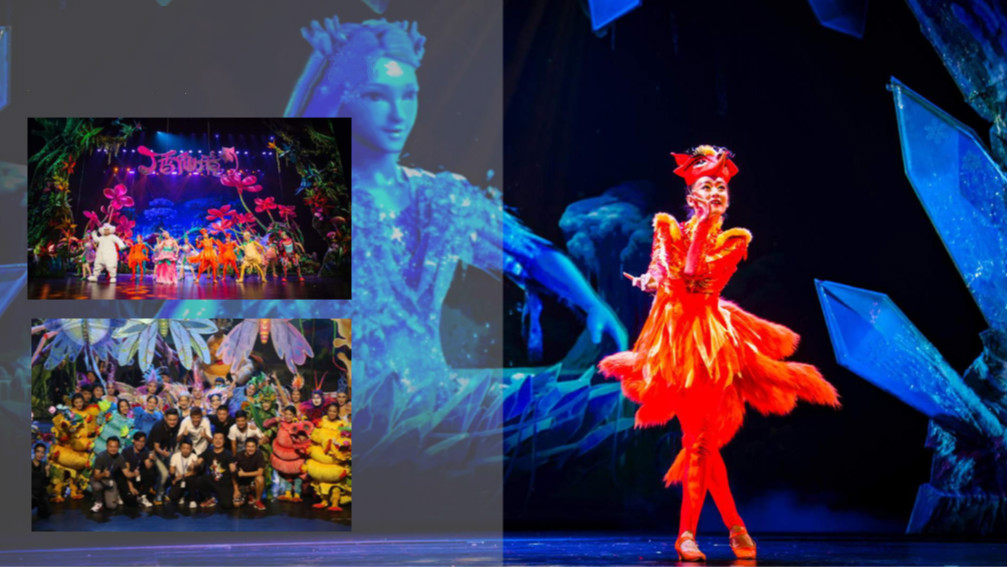
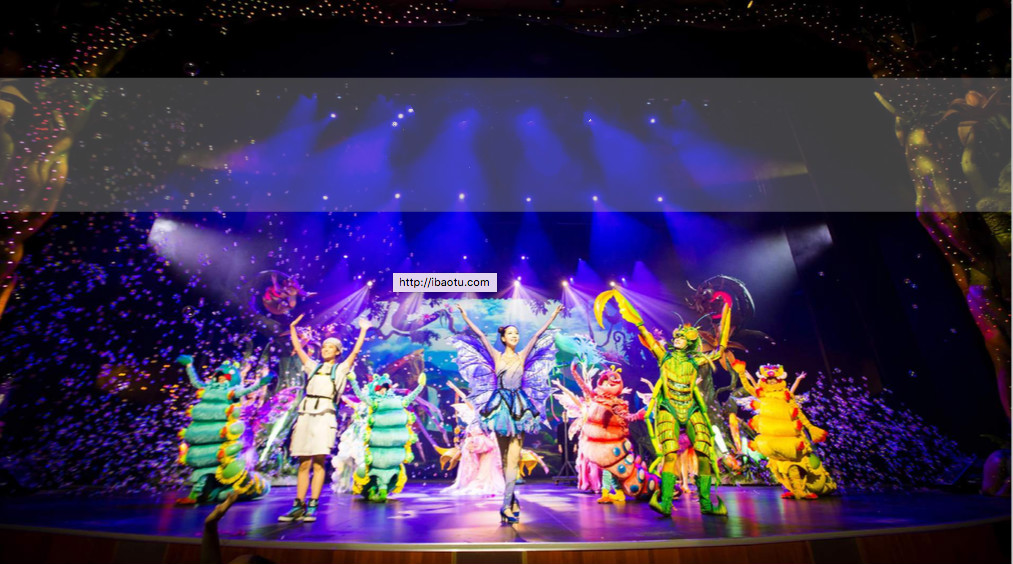

熱門頭條新聞
- Global Game Jam Partners with Games for Change for the First G4C University Student Challenge
- Qualisys: Streamlining Mocap Today, Exploring What’s Next
- XSOLLA AND UKIE ANNOUNCE PARTNERSHIP AT GDC 2025 TO EMPOWER GAME DEVELOPERS IN THE UNITED KINGDOM AND THROUGHOUT EMEA
- “One of the Best Platformers of 2025” Ruffy and the Riverside Announces June 26th Release Date on PC & Consoles!
- Overwatch star Matilda Smedius to host NG25 Spring!
- SAG-AFTRA National Board Meets via Videoconference
- Double Dragon Gaiden: Rise of the Dragons Free DLC Coming Now
- Take a look back at Latvian animation spotlight at CARTOON MOVIE!
